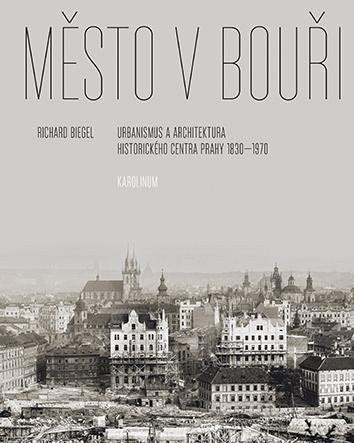Description
The book presents the urban and architectural fates of the historical center of Prague during the period when it transformed from a picturesque historical town into an ambitious metropolis. The theme is introduced by the first romantic interventions that gave the city its riverbanks and promenades. In a rather dramatic contrast follows a period of radical sanitation, which meant the demolition of entire neighborhoods of houses and provoked an equally radical reaction from the defenders of 'old Prague.' A separate chapter is dedicated to the remarkable interwar transformations of the city into the capital of a new state, as well as the dark protectorate period of megalomaniacal urban plans. With the post-war euphoria came not only new ideas and dreams but also the swift onset of communist totality, whose urban visions seemed to directly connect to the protectorate projects. The finale of the book covers the years 1958-1970, which brought not only a return to modernism but also fundamental discussions about what role the historical center should actually play in the organism of a modern city. The rapid formation of the metropolis shook almost everything that the centuries-old city had represented until then. Therefore, the work follows not only the birth and promotion of new ideas but also the increasingly strong awareness of the city's heritage value, which culminated in 1971...
Information
Author: Biegel Richard
Publication date: August 29, 2022
Manufacturer: Nakladatelství Karolinum
Genres: Art history, Non-fiction literature, Books, Specialized and technical literature, Art and architecture, History and facts
Type: Hardcover books
Pages: 768
ISBN/EAN: 9788024652894

